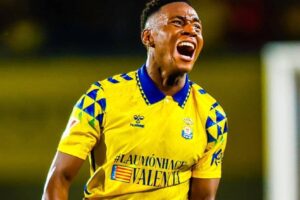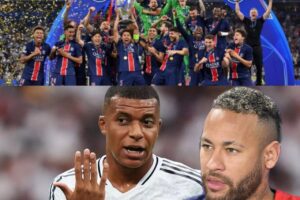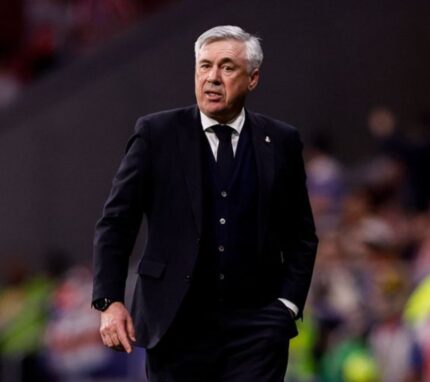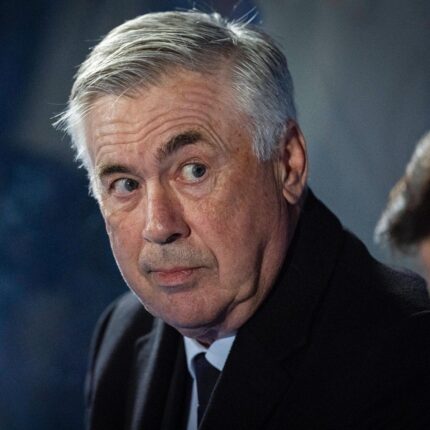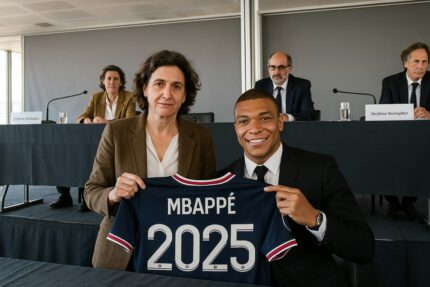Once the undisputed kings of world football, Brazil have suffered a slow but steady erosion of their global dominance over the past two decades. Despite clinching the Copa America in 2007 and 2019, Brazil’s World Cup record has fallen short of expectations. Since their last triumph in 2002, the Selecao have been eliminated by European teams in every tournament, exposing a pattern of underperformance against the continent’s tactical discipline and composure.
Their most humiliating moment came on home soil in 2014, when Germany routed them 7-1 in the semi-finals. The 2018 quarter-final loss to Belgium and the 2022 penalty defeat to Croatia compounded the disappointment. These repeated failures have fostered a growing belief that Brazil lacks the tactical sophistication and mental fortitude to compete with Europe’s elite.
More recently, Brazil’s World Cup qualifying campaign has exposed alarming cracks. A 4-1 home defeat to Argentina sent shockwaves through the footballing world, leading to the dismissal of Dorival Junior. With the Selecao struggling for direction and consistency, the Brazilian Football Confederation (CBF) launched a bold project: bringing in Carlo Ancelotti to restore glory and break the European curse.
Breaking the Mold: A Foreign Regime in Brazilian Football
Ancelotti’s appointment represents a monumental cultural shift in Brazilian football. For over a century, the national team has been largely helmed by Brazilian managers, with only three foreigners ever taking charge—and none since 1965. This deep-rooted tradition stems from the belief that only a Brazilian could truly understand the nation’s unique footballing soul.
However, that belief began to wane with the success of Portuguese coach Jorge Jesus, who led Flamengo to a domestic league and Copa Libertadores double in 2019. His European methods, once viewed with skepticism, were vindicated by results. The door was opened for foreign influence—first in clubs, now at the national level.
Carlo Ancelotti’s arrival is not just another coaching appointment—it’s a strategic pivot. The 65-year-old Italian will become the first elite European coach to take charge of the Selecao, bringing with him a glittering résumé that includes five Champions League titles and domestic triumphs in five countries. His presence signals that Brazil is ready to embrace global ideas to return to the pinnacle of world football.
What Ancelotti Brings to the Table
Carlo Ancelotti is revered not only for his tactical acumen but also for his exceptional man-management and calming presence. Known for his understated authority and unflappable demeanor, he has steered some of the world’s biggest clubs through turbulent waters—always with a sense of composure and class. His recent stint at Real Madrid, despite a less stellar 2024–25 campaign, included the 2022 Champions League title and consistent domestic success.
His ability to blend pragmatism with flair is perhaps the most crucial quality he brings to Brazil. In Madrid, he nurtured the talents of Vinicius Jr and Rodrygo, two key Brazilian forwards whose performances for the national team have yet to match their club brilliance. Under Ancelotti’s system, both players flourished, benefiting from a structure that encouraged expression while maintaining discipline.
Importantly, Ancelotti commands instant respect. Unlike his predecessor Dorival Junior, who reportedly lacked full backing from senior players, the Italian’s track record gives him immediate credibility. His understanding of elite football environments—coupled with his experience against Europe’s best—makes him uniquely positioned to break Brazil’s World Cup hoodoo.
The Tactical Shift: Blending Samba with Structure
Brazilian football has long wrestled with its identity—torn between the expressive ‘jogo bonito’ and the structured modern game. Under Ancelotti, there is an opportunity to find balance. His Milan sides of the early 2000s were tactically sound but still elegant, while his Real Madrid teams married resilience with creative freedom, particularly for attacking talents.
Players like Vinicius Jr, who has sometimes appeared shackled in Brazil’s system, could thrive under Ancelotti’s tutelage. By simplifying his role and boosting confidence, Ancelotti may unlock the player’s full potential on the international stage. There’s also speculation that veterans like Casemiro might return to stabilize a fragile midfield, providing leadership and defensive cover.
Furthermore, Ancelotti’s presence may act as a shield, absorbing media and public pressure, thereby allowing players to focus on performance. With expectations soaring for the 2026 World Cup, his experience managing high-stakes environments could prove pivotal in preparing the team mentally and emotionally for the challenges ahead.
Can He Really End the Brazil World Cup Drought?
Carlo Ancelotti’s appointment is more than symbolic—it’s a calculated gamble by Brazil to reassert their global dominance. While some in the Brazilian coaching fraternity may quietly hope he stumbles, the players appear to be fully on board. The CBF has made it clear that results, not tradition, matter most now.
If Ancelotti can instill composure, enhance tactical coherence, and get the best out of Brazil’s galaxy of talent, he stands a real chance of ending the 24-year World Cup drought. His calm leadership, proven record of success, and ability to command respect could galvanize a team desperate for redemption.
Beyond merely winning, Ancelotti’s legacy in Brazi could redefine what it means to wear the yellow shirt in the modern game. By bridging Brazilian flair with European precision, he might not just fix the Selecao—he could usher in a new era of footballing excellence, reshaping the nation’s footballing philosophy for generations to come




